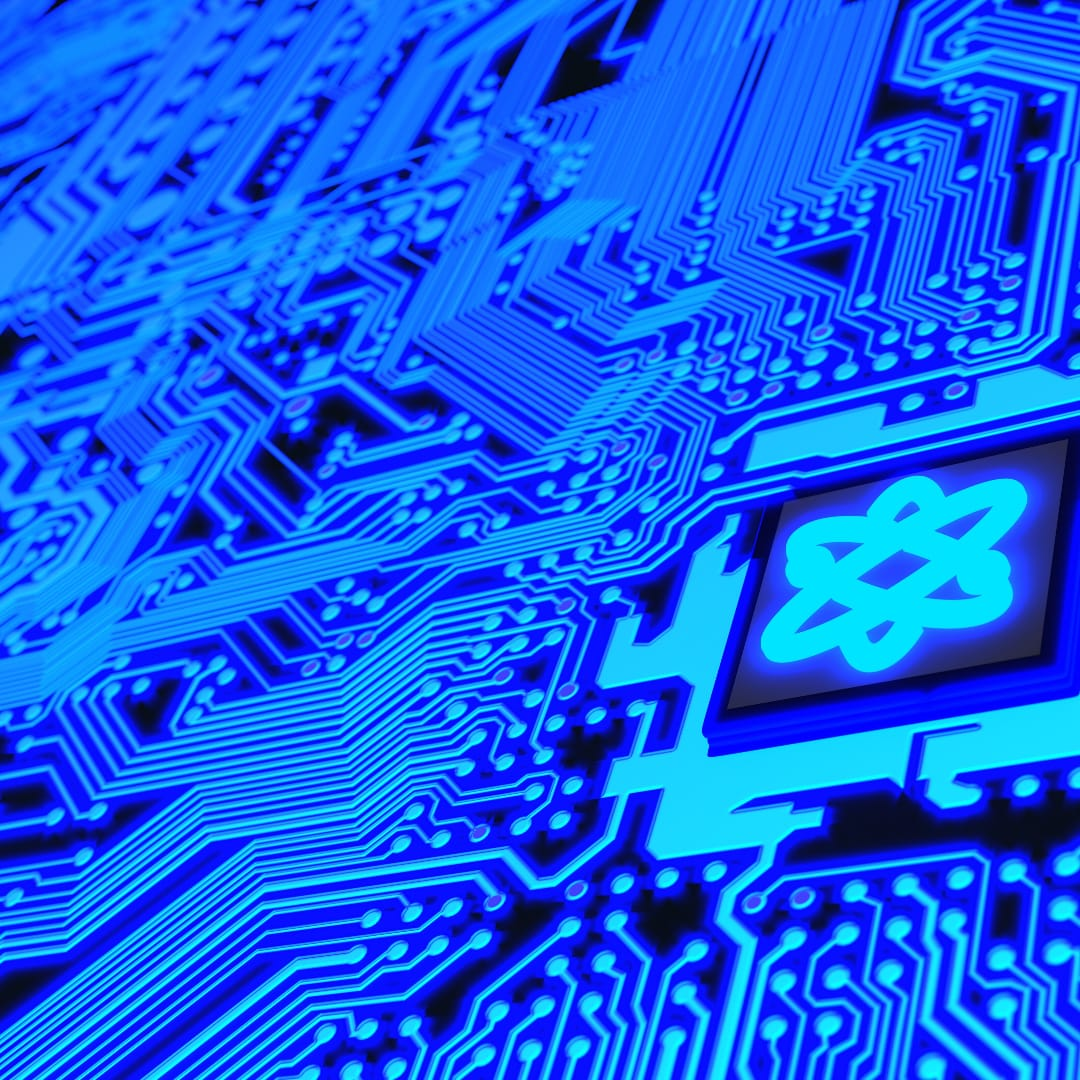In our today’s world, everything is fast as compared to earlier times. Like, before the invention of computers and calculators, Abacuses were used for solving mathematical problems like addition, subtraction, etc. But as time passes, abacuses were soon replaced by calculators and computers. Moreover, computers are further surpassed by Supercomputers and Quantum computers. Quantum computers are even superior to Supercomputers.

#What are Quantum computers?
Quantum computers are highly advanced computers that are based on quantum physics. In other words, the working of quantum computers is based on quantum physics like entanglement, superposition, etc. Where classical computers are used for usual and normal calculations, Quantum computers are used for larger operations and storing huge amounts of data. Like, classical computers and laptops store the data in binary form,i.e, in the form of “0” and “1s”, similarly quantum computers store data in the form of ‘Quantum bits’ or ‘Qbits’. Qbits are far superior to the normal bits used in classical computers. Eight bits in classical computers are enough to represent any number range between 0 to 255, whereas eight Quantum bits are enough to represent any number ranges between 0 to 255 simultaneously. Hence, in this way, these Quantum Computers are superior to classical computers. For instance, Quantum computers can be used for finding the factorial of a big number or to multiply big numbers which calculators can’t do.
#History of Quantum computing:
After the invention of classical computers, Paul Benioff first proposed the idea of quantum computing and described the model of the first quantum computer in 1980. But he proposed this idea theoretically. Later on, in 1985, David Deutsch came up with the idea of a universal quantum computer through which he proved mathematically that what a quantum computer can do. But still, there were certain problems exist. The major problem was that the algorithms which were developed to solve the problems in classical computers can’t be used in the Quantum Computer. But later on, these classical algorithms started to wok in quantum computers as well. But still, quantum computers require new algorithms in order to perform fast and accurate operations for various tasks and for which classical computers may take up to infinite time!
In 1994, Peter Shor gave the “Shor’s algorithm” which allows quantum computers to factor the large numbers much faster than the classical ones. For such tasks like finding factors of any large numbers, classical computers can take nearly an infinite amount of time to give results whereas, quantum computers can do these types of tasks much quickly using quantum mechanics. At present, many researchers are developing new algorithms for bigger tasks to be solved by quantum computing.

#How does Quantum computing works?
Quantum computing is based on the fact that tiny particles, such as electrons or photons can be in several places at once, for instance, in the case of photons, they simultaneously exhibit two kinds of polarisation. This is actually not ordinary for us. And with the use of this, quantum computing can fetch multiple possibilities at once. For instance, an electron can be located in any state of the atom, which can’t be fetched with the help of classical computing. Therefore, with the use of quantum computing, all probabilities of locating an electron can be fetched at once and quickly.
Quantum computing basically uses the superposition technique to solve any problem. In classical computing, computers take and store data in the binary form,i.e, either 0 or 1. But Quantum computers have the advantage of storing data in Qbits which stores data in the form of either 0, 1 or simultaneously both at once, which make it unique!
#Advantages of Quantum Computing:
- It can be used to solve big problems like finding the Prime factors of a large number using Shor’s algorithm.
- It can be used to find the shortest path between two places.
- It is advantageous in fetching multiple possibilities at once like finding the state of an electron.
- To store big amounts of data which classical computers can’t hold.
#Disadvantages of Quantum Computing:
- The first disadvantage of quantum computing is that we need to develop new algorithms for different problems which may be much complex to understand.
- Quantum computers have a problem with long time coherence. Coherence is the time duration for which a Qbit doesn’t vary. But it is not easy to maintain coherence or a longer time.
- It is hard to build and operate a Quantum computer.


No comments:
Post a Comment